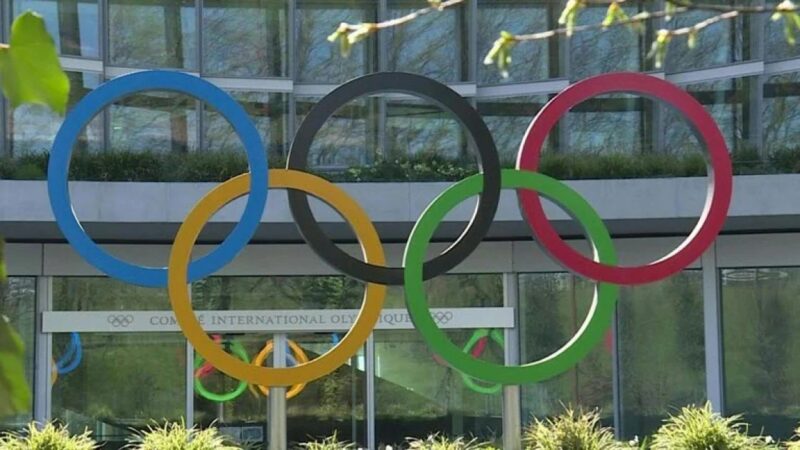The International Olympic Committee (IOC) has confirmed the termination of its partnership with Saudi Arabia for the hosting of the first-ever Olympic Esports Games, ending months of uncertainty surrounding the event’s future.
In a statement released on Thursday, the IOC disclosed that both the Saudi National Olympic Committee and the IOC had “mutually agreed to end their cooperation on the Olympic Esports Games,” effectively canceling Riyadh’s 12-year hosting deal signed in 2024.
The inaugural Olympic Esports Games were initially scheduled for 2027 and were expected to represent a major step in merging traditional Olympic values with the fast-growing global esports industry. However, following repeated delays and criticism of the IOC’s esports strategy, the plans have now been scrapped.
The project, initially championed by former IOC president Thomas Bach, faced backlash for excluding popular competitive gaming titles in favor of non-violent sports simulations. Under the leadership of new IOC president Kirsty Coventry, the committee has since adopted a new direction aimed at inclusivity and broader representation in esports.
“Both parties are committed to pursuing their esports ambitions independently,” the IOC stated, while indicating that the restructured Olympic Esports Games could be relocated to another host country “as soon as possible.”
Saudi Arabia, which has heavily invested in esports through its Esports World Cup events held in Riyadh in 2024 and 2025, will continue to focus on its domestic esports expansion under the Esports World Cup Foundation, supported by the country’s Public Investment Fund (PIF).
The kingdom’s significant spending in sports including football, golf, boxing, and gaming—has drawn criticism from international observers who accuse it of using “sportswashing” to soften its global image. Saudi authorities have rejected these claims, saying the investments are part of a broader economic diversification strategy under Vision 2030.
The IOC now faces the challenge of finding a new host and defining the future of the Olympic Esports Games, a concept designed to integrate athletic and digital competition. With unresolved issues such as publisher cooperation, anti-doping standards, and restrictions on violent games, the road to realizing the Olympic Esports dream appears longer than expected.
Despite the setback, both the IOC and Saudi Arabia maintain that their commitment to developing esports remains firm only now on separate paths.








